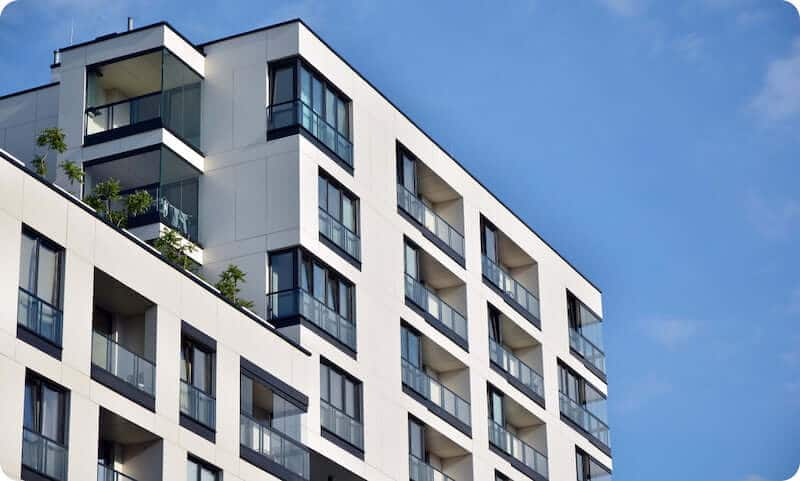Steering the Intricate Terrain of Compliance Guidelines for Network Protection in Multi-Dwelling Residences to Guarantee Resident Security and Information Protection
Wiki Article
In the current society, numerous people live in multi-dwelling buildings, including apartment buildings and condo communities. These places frequently utilize common networks for online and additional services. While this arrangement can be convenient, it also raises significant concerns about network security and regulatory standards. Ensuring the security of residents and protecting their information is essential. This article will examine the intricate landscape of compliance guidelines for system security in multi-unit buildings, focusing on how these standards assist keep residents secure and secure.
One of the key compliance standards that apply to system safety is the General Information Protection Regulation (GDPR). This law is designed to safeguard individual data and privacy for persons inside the EU Union. While it mainly applies to businesses functioning in Europe, its principles can affect practices in other regions as also. For multi-dwelling units, complying to GDPR means establishing strong data safeguarding measures. This entails ensuring that residents' individual data is gathered, stored, and handled securely. By adhering to these guidelines, property administrators can help establish trust with tenants and ensure their data is protected from unauthorized access.

Another important guideline is the Healthcare Insurance Portability and Responsibility Act (HIPAA), which safeguards sensitive patient data in the healthcare sector. In multi-unit buildings, particularly those that offer healthcare assistance or have residents with specific medical needs, adherence with HIPAA is crucial. This means that any health-related data gathered from residents must be kept confidential and protected. Building administrators must make sure that their system systems are designed to avoid information breaches and illicit access. By taking these steps, they not only adhere with legal requirements but also foster a safe living environment for all tenants.
Alongside GDPR and HIPAA, the Payment Card Sector Data Protection Guidelines (PCI DSS) is a further critical compliance guideline. This guideline is especially relevant for multi-dwelling units that process debit card transactions for rent see this website or services. PCI DSS outlines security protocols that must be in place to protect cardholder information. This includes securing confidential information and frequently monitoring system safety. By following PCI DSS guidelines, property administrators can minimize the threat of data breaches and protect residents' financial information, which is crucial for upholding their trust and safety.
Ultimately, it is crucial for multi-unit buildings to stay informed on regional and federal regulations regarding network security. Regulations and standards can evolve, and staying informed is crucial for adherence. Building administrators should regularly review their security policies and practices to ensure they comply with current standards. This preventive approach not only helps in maintaining compliance but also improves the general safety of the system. By focusing on tenant security and information protection, multi-unit units can create a secure living space that encourages confidence and reassurance among tenants.
To summarize, traversing the intricate environment of regulatory guidelines for system safety in multi-unit buildings is crucial for guaranteeing tenant security and information safeguarding. By comprehending and applying guidelines like GDPR, HIPAA, and PCI DSS, building administrators can establish a safe space for their residents. Staying updated about regional laws and frequently assessing safety protocols further improves this dedication to security. In the end, a strong focus on adherence not only safeguards tenants but also fosters a sense of belonging and trust within multi-unit buildings.